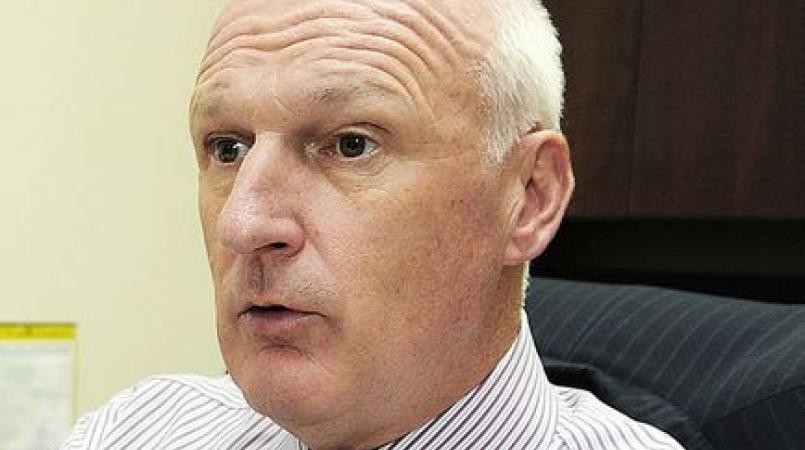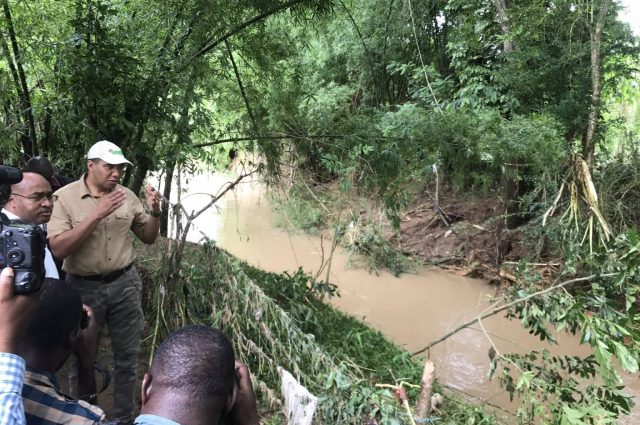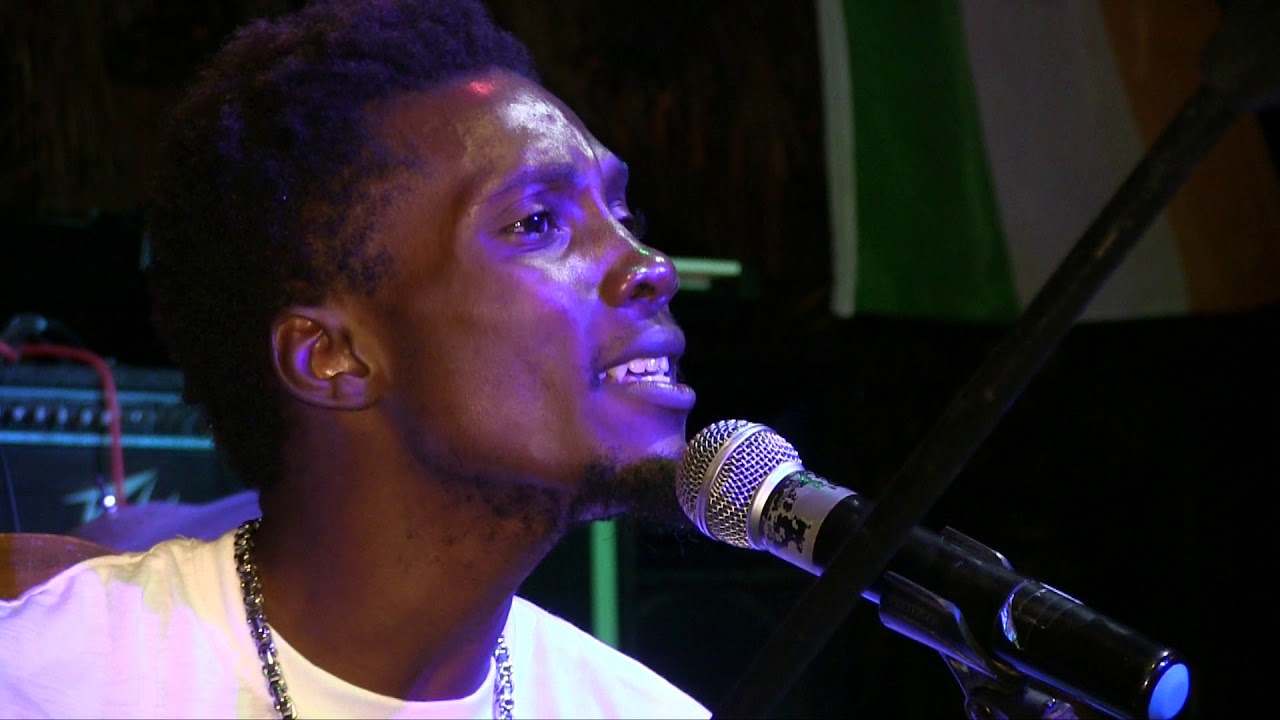Perspective: Racism and the Birth of Jamaica as an Anti-Black State Place Rasta at the Center of Our Cultural Wars
August 1, 2020 | By Silbert Barrett |
How could be that Bustamante who along with his cousin Norman Manley brutally beat and hang Rasta was made National Heroes and the founding fathers of the independent state of Jamaica. The Political divide JLP vs PNP are the perpetrators of disunity not only at home but in the Diaspora.
The 1960 Hanging Of Black Nationalist Reynold Henry, The 1963 Rasta Rebellion, And The 1976 Assassination Attempt On Bob Marley’s Life Have Deep Roots In Our Political Power Structure “The Guardianship Of The Slave Masters”. Unless you are liberator you cannot bring change to Jamaica, so wake up and lean, so you can wake and live.
The PNP head, Norman W Manley was antagonistic to the vision of Marcus Mosiah Garvey. The first betrayer of the prophet. Why it took over 100 years to pardon Garvey and after making him a National Hero in 1964. Even after making him a national hero based on his ideas, his philosophy was never thought in schools nor his ideas of economic development practiced by any of the two political parties as a tool for national development.
In 1959, the reputed Rastafari leader, Reverend Claudius Henry, was found with a letter to Fidel Castro discussing plans to take over Jamaica. Castro had just successfully overthrown the Batista Government by armed revolution in Cuba. Then in 1960, Reverend Henry’s son, Reynold Henry, led a group of black nationalists in an uprising. He and his co-conspirators were arrested after a large manhunt involving police and soldiers in Sligoville, St Catherine. It was believed that Henry and his group were planning to overthrow the Government of Jamaica. Premier Norman Manley declared a State of Emergency, and the army subsequently crushed the ‘uprising’. Reynold Henry and his conspirators were convicted for treason and hanged.
In a quasi-democracy as Jamaica, the structure and culture of the police force were not designed to fight crime. Crime-fighting is not the pre-occupation of government, as creating a Police State has proven to be very costly.
The pre-occupation of government is to stop and wipe out popular protest and rebellion to preserve the vestiture of its colonial roots. The government quickly learned that they can’t suppress popular uprising with state power but rather through the use of mafia-style executions and assassinations.
Mr. Rattigan a Jamaican and former senior FBI officer was rejected on two occasions as police commissioner because crime-fighting is secondary to keeping and preserving the current social and economic order among the classes and race.
So the political connection to criminal gangs is an informal State Apparatus for the suppression of popular uprising through preemptive killings. Let history be your guide. The State of Emergency (SOE) in Jamaica is only a strategy to perpetuate Violence as a State Own Enterprise (SOE).
Stop funding Dons, Commission of inquiry urged politicians. “Tackling the deep-rooted issue of garrison politics in Jamaica, the panel of commissioners, whose report into the May 2010 security forces operations in west Kingston is now public, have urged political leaders to commit to ending the allocation of Government’s and political parties’ resources to dons in order to reduce the influence of these persons.”
When politicians stop supporting dons and instead empower local people then we will have citizen protection, according to Professor Anthony Clayton, University of the West Indies lecturer in the Institute of Sustainable Development, who has labeled as unfortunate what he considers the fact that some of the island’s most dangerous criminal organizations are still very much intertwined with the political process.
Clayton stressed that high-level linkages are being made for criminals, who are offered protection by persons in “high places”, through corrupt means – Gleaner 2016.
From poverty to Prosperity for who? Towards an inclusive State is a struggle to unite the Jamaican Diaspora with the Homeland. Jamaican Diaspora voting rights is a direct challenge to the last bastion of colonial rule in Jamaica, it is indeed one step closer to complete freedom of the Jamaican people the unshackling of the last vestiture of slavery; a direct challenge to the ruling class who have openly opposed ordinary Jamaicans gaining significant political and economic power.
Diaspora Voting Right is not an imposition of our will on the Jamaican people but rather the embodiment of the common man’s vision of the future for Jamaica outside of the colonial construct created to perpetuate the economic enslavement our people. Crime in Jamaica is an instrument of social control to deplete the rising power of a middle-class by forcing them to “fly-out ” and oppress a captive underclass by using them as the dominant electorate subverted by criminal gangs and their “Don” leaders.
After slavery, they brought in indentured workers from China and India and paid them so they could be an economic middle class above the majority-black man. In South Africa, they were called honorary whites. The freed slaves had to farm to survive. Hence, a strong and large black middle class in Jamaican would drive fear in the ruling class.
Jamaicans are not socially disposed to violence. It is the political machinery that is socially disposed to violence.
Violence as an instrument of social control involves a process of building social order to protect vested interest but at the same time creating and fanning the flames of violence between entities embedded in predominantly black and poor communities to weaken and displace Jamaica’s Black Middle Class most of whom are now living overseas.
The Construct of the Political Economy In Jamaican is not to Increase Production But Rather to Gain Economies Of Scale in Violence. “Protection Rackets” and Extortion are the emergence of entities that are larger than individuals in the communities. It’s these entities whose business is violence. These are the thugs united in generating scale economies in violence with the output of a political strategy. We’ve got these two economic activities hard-wired into social behavior, production, and violence but what we’ve got is scale economies only in violence. The lack of growth in the Jamaican economy is directly related to the trade-off in “scale economies in violence” and so communities are organized not to engaged in production activities but rather to reap the benefits of scale economies in violence.”
The governance in a post-colonial Jamaica is primarily to maintain social order through the fear of violence. The continued disenfranchisement of the Jamaican Diaspora is part of this larger strategy to divide and rule. We, therefore, cannot assert our political and economic rights from within, our influence on transforming Jamaica can only be achieved under the protection of foreign democracies in which we live.





Very enlightening would love to hear more.